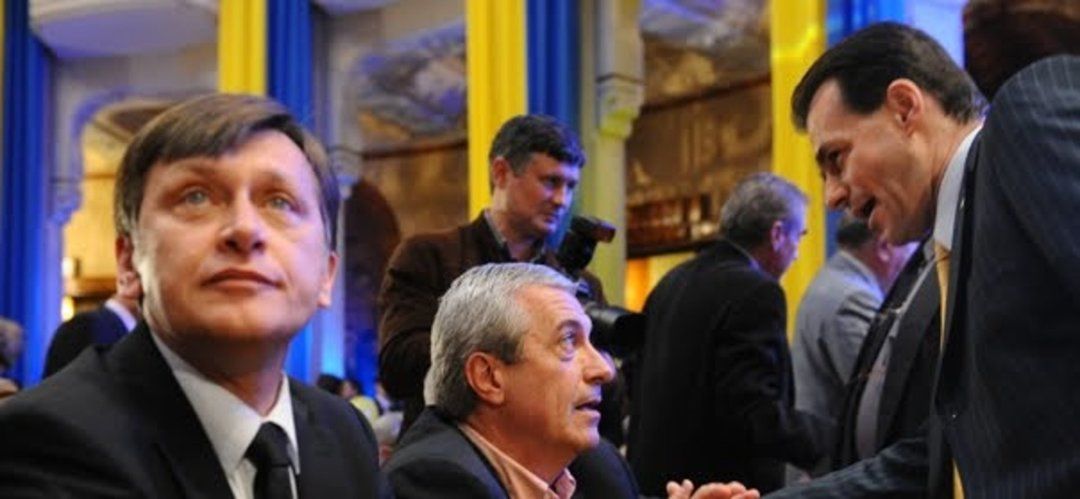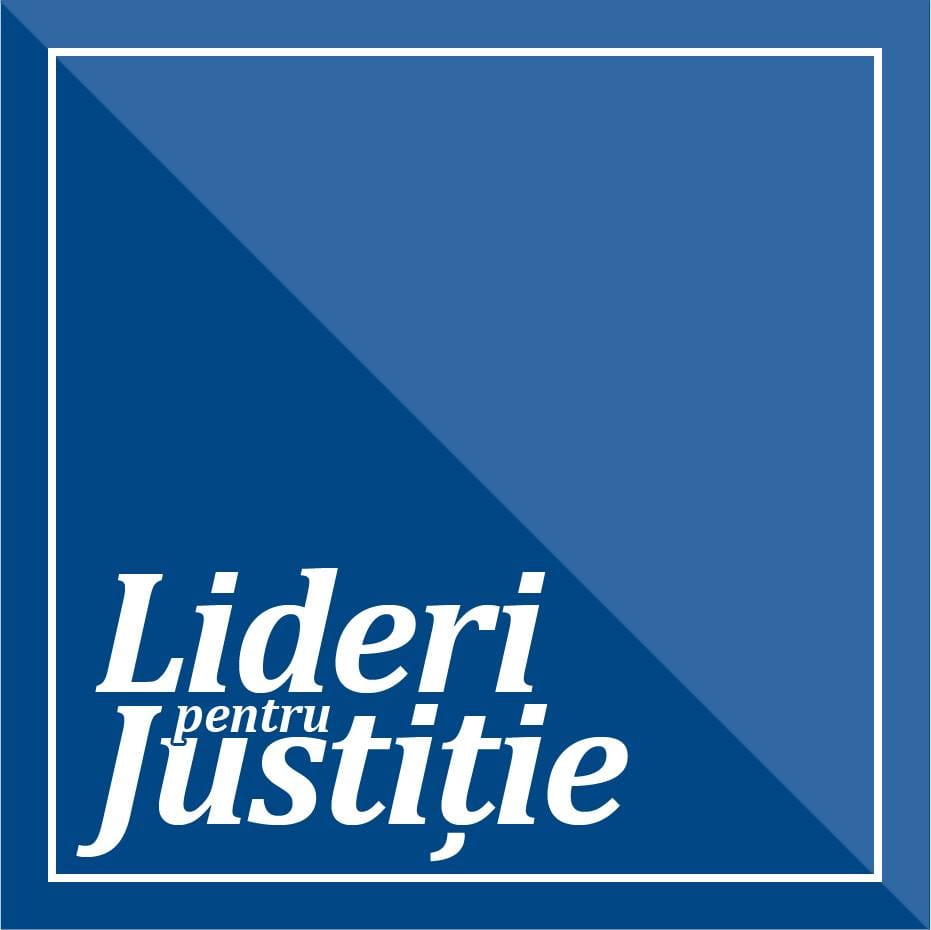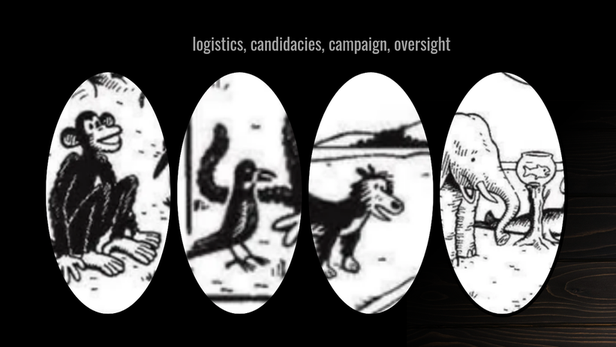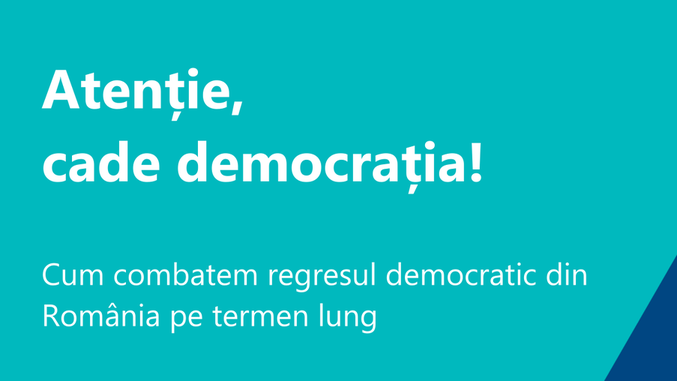“if any opinion is compelled to silence, that opinion may, for aught we can certainly know, be true. To deny this is to assume our own infallibility.” —J.S. Mill, 1859. On Liberty.
This weekend, the liberals decided on a major trade-off regarding their development in the next 2-3 years. They chose to change the party statutes, and elect their top leadership team on a block-list (new party chairman Crin Antonescu and 32 new aids), forcing personal allegiance over values, principles, issues… From a strictly managerial perspective, this may be a sound decision–the only way we’ll be able to measure this block’s performance being to sit and wait for the results of the 2012 local and parliamentary elections. From a political representation perspective, however, this is a flawed decision, eating at the very core of liberalism 🙁
The block leadership/management team cannot be infallible! What’s worse, however, one’s only way for joining this ‘winning’ team is to declare allegiance to the party leader… And that’s got such a Soviet or feudal ring to it 🙁 I strongly believe that “paternalism” cannot be successful in either leading or managing a liberal party. The actual strength of a liberal party lies with the diversity of social, economic and political views that eventually come together under the same umbrella, through debates and negotiations that result in a common understanding over the best course of action. I wonder how will the liberals be able to find the best course of action without dissenting voices from within?!?
Silenced by the managerial perspective, several valuable members of the party’s rank and file (local council members, mayors, county and regional council members, MPs and MEPs) may be forced, over the next 2 years, either to find their way under the new leader’s skin, or to look for alternative pathways regarding their political and personal development. Such personal alternatives are bound to weaken the party 🙁 All of these silenced party members will take away (small, but frequent) chunks of electorate, and I have my doubts regarding the capacity of the new party leadership/management team to balance out these losses, and even gain more votes.
In my opinion, the liberals should be able to target 2 emerging groups of voters–youth and farmers. Youngsters may be attracted with the prospects of a thriving professional life, with entrepreneurship and healthy debates, but the decision to elect block-lists chicks away such aspirations 🙁 The deeper, negative message is that professional merit may be replaced with personal allegiance, that risk-taking, yet potentially profitable, ideas may be replaced with complacent obedience, and dissenting opinions may be silenced and/or expelled 🙁 Risk-taking farmers, successful in attracting and managing EU funds for agriculture, agro-tourism and agro-industry will find themselves in a very similar position 🙁
So, I believe the liberals just made a big mistake! Their target is 30% of the popular vote in the 2012 elections, and I wish them the best of luck, but I am not convinced they will manage 🙁 They used to have the most appealing ideology, but poor organizational capacity. Decisions to improve organization, structure and management were not only needed or expected, but also natural and foreseeable. However, making such decisions at the cost of consolidating their ideological appeal is appalling! Showing no toleration for minority views, emerging groups and dissenting opinions will no longer differentiate the liberals either from the personality cult of the populars or from the policy mish-mash of the socialists 🙁
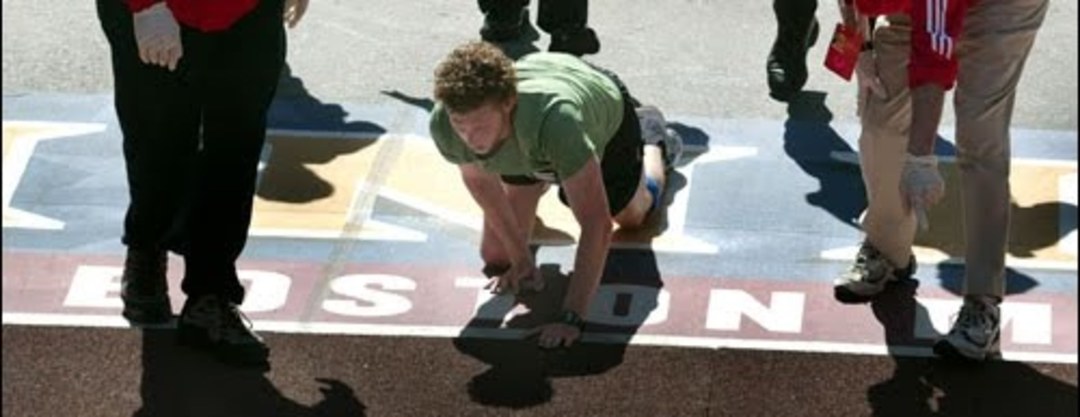
photo credits: top–Mediafax, bottom–The Boston Globe
